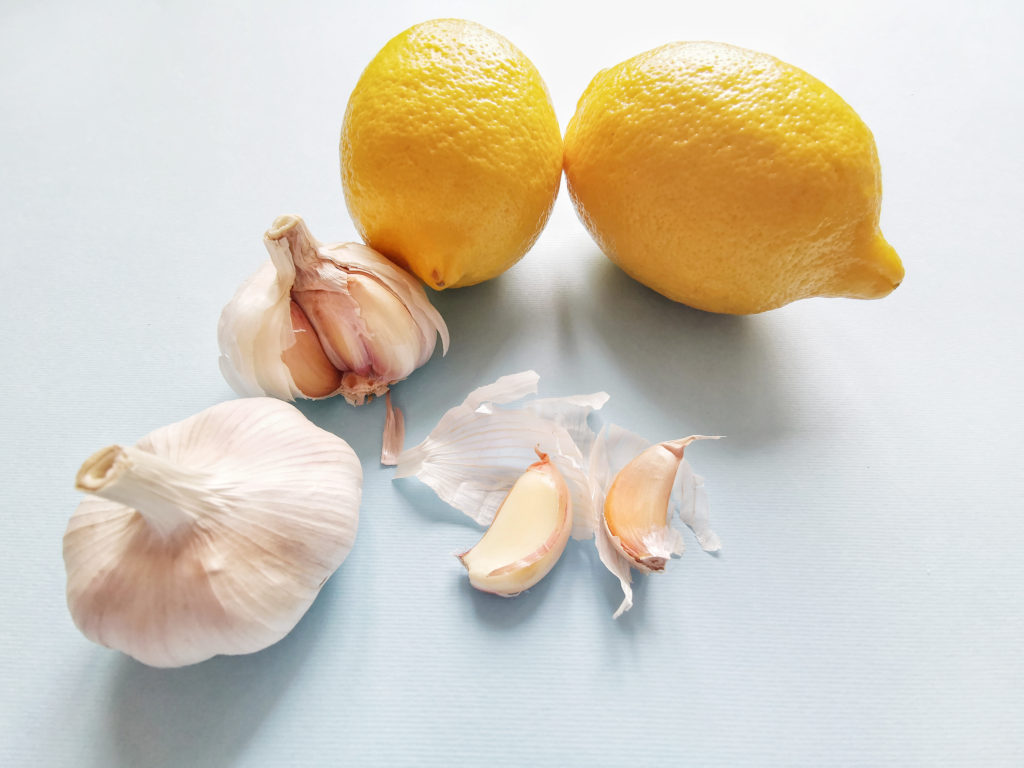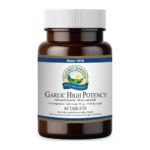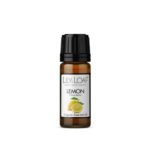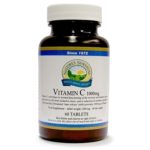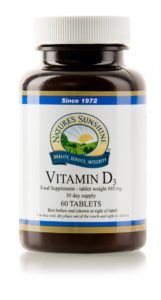There is currently no evidence that eating certain foods or following certain diet will protect you against absolute protection from COVID-19
I have previously shared posts on different foods – micro- and macronutrients – that can help boost immunity and alleviate the symptoms of respiratory conditions like coronaviruses. Here Taibat Ibitoye, of the University of Reading, argues that you should still be diligent and there are no special food or nutrients that give absolute protection from infectious disease such as COVID-19.
Since the global outbreak of the novel coronavirus (SARS-CoV-2), there have been widespread claims on social media that certain foods and supplements can prevent or cure COVID-19. Even though the World Health Organization (WHO) has tried to dispel such myths surrounding “miracle” foods and coronavirus, misinformation continues to circulate.
Though we all want to protect ourselves against COVID-19, there is currently no evidence that eating certain foods or following certain diets will protect you against coronavirus. Here are some of the most common myths debunked:
Myth 1: garlic in your diet will prevent COVID-19
There is some evidence showing that garlic has antibacterial effects, with existing studies indicating the active compounds of garlic (including allicin, allyl alcohol and diallyl disulfide) are protective against some types of bacteria like salmonella and staphylococcus aureus. However, research investigating garlic’s antiviral properties is limited.
Though garlic is considered to be a healthy food, there’s no evidence showing that eating it can prevent or cure COVID-19.
Nature’s Sunshine offers you the finest and most potent garlic on the market with a special coating that helps control the garlic’s odour. Studies have shown that ‘odourless’ garlic, the most popularly sold garlic in Europe, doesn’t retain the potency of fresh garlic. One High Potency Garlic tablet equals 1,200mg of fresh garlic.
Myth 2: lemons in your diet will prevent COVID-19
One viral Facebook video claimed that drinking warm water with lemon slices could combat novel coronavirus. However, there’s no scientific evidence that lemon can cure the disease.
Lemon is a good source of vitamin C, which is important for helping immune cells work properly. However, many other citrus fruits and vegetables contain vitamin C.
Myth 3: vitamin C in your diet will prevent COVID-19
As previously stated, Vitamin C is known to play a role in supporting the normal functioning of the immune system. Yet, it’s not the only nutrient that maintains the the immune system. Most of the misinformation on vitamin C and coronavirus comes from studies that have investigated the links between vitamin C and the common cold. Despite claims online that vitamin C can prevent and treat the common cold, the evidence in support of this is not only limited, but conflicting too. There are also significant differences between the common cold and coronavirus.
There’s currently no strong evidence that supplementing with vitamin C will prevent or cure COVID-19.
Most adults will also meet their vitamin C requirements from a diet that includes a variety of fruits and vegetables.
As Vitamin C can’t be stored in the body, we need a constant supply and this formulation allows more efficient use of this vitamin by slowly releasing it into the body.
Read more: Coronavirus: it’s time to debunk claims that vitamin C could cure it
Myth 4: alkaline foods
Misinformation spread on social media suggests the virus can be cured by eating foods with a pH (level of acidity) that is higher than the virus’s pH. A pH below 7.0 is considered acidic, a 7.0 pH is neutral, and above pH 7.0 is alkaline. Some of the “alkaline foods” said to “cure” coronavirus were lemons, limes, oranges, turmeric tea and avocados.
However, many of these online sources give incorrect pH values to these foods. For example, the pH of a lemon was said to be 9.9, when it’s actually very acidic, with a pH of 2. There are claims that acidic foods can become alkaline after being metabolised by the body.
Overall, there’s no evidence indicating that foods can even affect the pH levels of blood, cells or tissues – let alone cure viral infections. The body regulates acidity levels, regardless of the types of food being consumed.
Myth 5: keto diet prevents COVID-19
The ketogenic (keto) diet, which is a high-fat and low-carbohydrate diet, has been said to be protective against COVID-19.
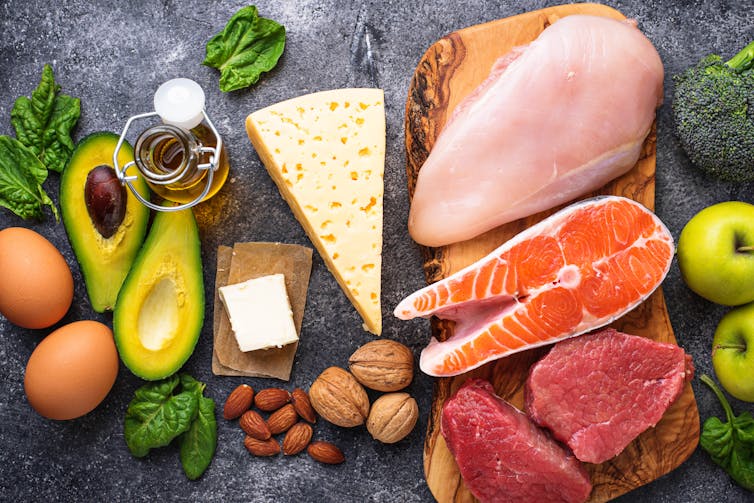
This comes from the idea that it can “boost” the immune system. Though one study showed that keto might prevent or treat the flu, this study used mice models. This makes it difficult to know if keto would have a similar effect on humans at preventing or treating the flu.
There is also currently no existing scientific evidence demonstrating that a ketogenic diet can prevent coronavirus.
Read more… How To Do The Low Carb/Ketogenic Diet – Part 1: Lose Fat, Feel Better, Have Energy and Part 2.
Can A Vegan Or Vegetarian Do A Low Carb/Ketogenic Diet?
Current advice
The British Dietetic Association (BDA) has stated no specific food or supplements can prevent a person from catching COVID-19. Alongside WHO advice, the BDA encourages people to consume a healthy, balanced diet to support the immune system.
A healthy and varied diet containing the five main food groups can help provide most people with the nutrients they need. Most of the nutrients we already get from our regular diet (including copper, folate, iron, zinc, selenium, and vitamins A, B6, B12, C, and D) are all involved in maintaining normal immune function.
People are also encouraged to take protective measures against COVID-19, including washing hands frequently, maintaining social distancing, and following lockdown orders.
However, the BDA does advise adults living in the UK to take a daily supplement of 10 micrograms of vitamin D and eat vitamin D rich foods, like oily fish, egg yolks, and fortified breakfast cereals to ensure adequate vitamin D levels. This is because our main source of vitamin D is sunlight – and because of lockdown measures, many of us aren’t getting enough sunlight exposure.
Vitamin D is an important vitamin for maintaining the good health of bones and teeth and is required to help our bodies absorb calcium. We get most of our vitamin D from sunlight, and although we can get some from food, such as oily fish, eggs, and meat, it difficult to get enough vitamin D from food alone.
When it comes to online misinformation, it can sometimes be difficult to spot what is and isn’t true. But in general, a claim is likely to be “fake” if it:
- Recommends eating a specific food, drink, or supplement (especially in high doses) to cure and prevent coronavirus
- Encourages restricting main food groups from your diet
- Singles out a certain food over others to protect or treat the virus
- Includes buzzwords – such as “cleanse”, “cure”, “treat”, “boost”, “detox” or “superfoods” – when recommending a single food item or supplement
- It’s not provided by a reliable and trusted health authority or organisation, like the NHS or WHO.
Social media is a powerful and great tool. However, it can also be a catalyst for spreading misinformation. The bottom line is that there are no miracle foods or supplements guaranteed to protect people from novel coronavirus. In addition, there are no EU approved nutrition and health claims that a single food or supplement can fight viral infections, like COVID-19.
Taibat Ibitoye, Registered Dietitian and Doctoral Researcher, University of Reading
This article is republished from The Conversation under a Creative Commons license. Read the original article.

